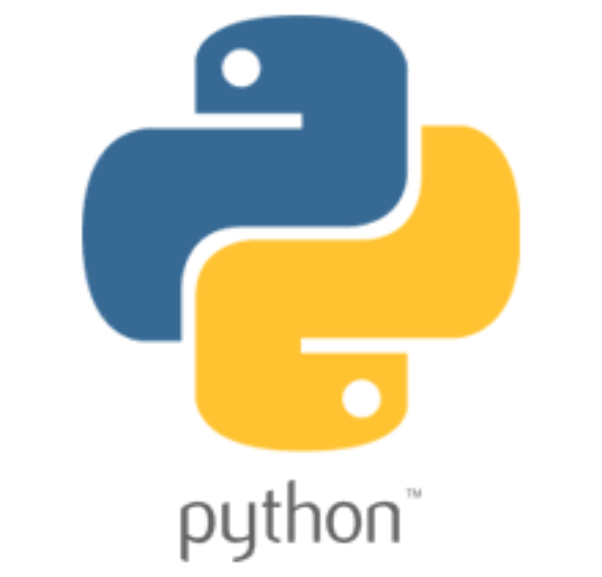Programming in Python
BEES 2021

Agenda
- Tuples
- Debuging
tuples
- An ordered sequence of elements, can mix element types
- Cannot change element values, "immutable"
- Represented with parentheses
# A tuple
x = ("Paris Hilton", 1981)
type(x)
# You can address the members of a tuple using indices
x[0]
# A tuple of length one is specified like this
x = (1,)
# Note x is not a tuple here, as the interpretor just simplifies out the brackets
x = (1)
# Slicing works just like with strings:
x = ("a", "sequence", "of", "strings")
x[1:]
tuples
- Conveniently used to swap variable values
- Used to return more than one value from a function
def quotient_and_remainder (x, y):
q = x // y
r = x % y
return (q, r)
(quot, rem) = quotient_and_remainder (4, 5)
tuples
- Immutable
- Length
- In operator
julia = ("Julia", "Roberts", 1967, "Duplicity", 2009, "Actress", "Atlanta, Georgia")
len(julia) # The length of the tuple
x = ("a", "sequence", "of", "strings")
x[0] = "the" # Error
# To make edited tuples from existing tuples you therefore slice and dice them
print(("the",) + x[1:])# Like strings we can do search in tuples using the in operator:
5 in (1, 2, 3, 4, 5, 6)
5 not in (1, 2, 3, 4, 5, 6)Tuple assignment
Multiple return values
Nested/composed tuples
tuple comparison
Debugging revisited
- Syntax Error
- Runtime Error
- Semantic/Logical Error

Syntax error Example
runtime/semantic error
debug Example
Questions?

BEES - Lecture 8
By Narges Norouzi
BEES - Lecture 8
- 522



